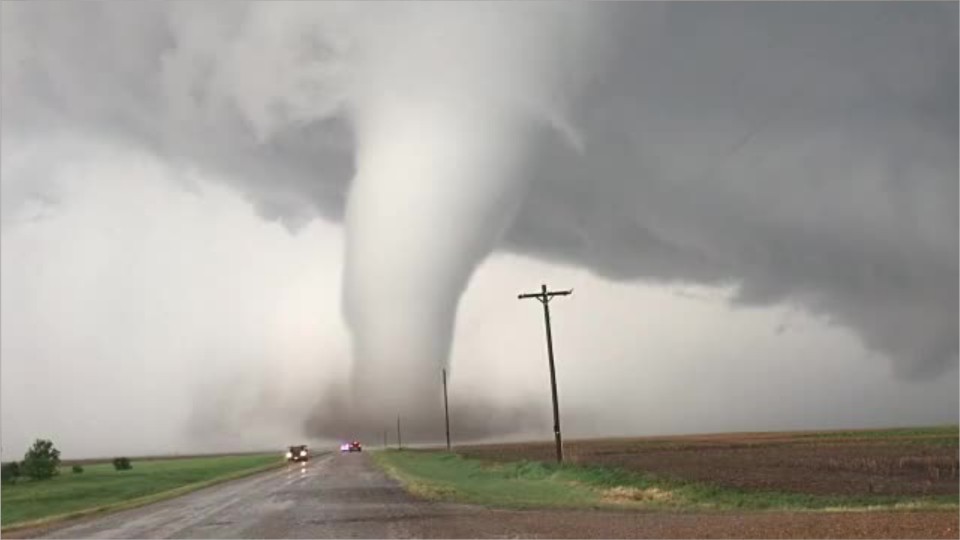Emergency Management Directors
Emergency Management Director, Emergency Management System Director (EMS Director), Emergency Planner, Public Safety Director
What they do:
Plan and direct disaster response or crisis management activities, provide disaster preparedness training, and prepare emergency plans and procedures for natural (e.g., hurricanes, floods, earthquakes), wartime, or technological (e.g., nuclear power plant emergencies or hazardous materials spills) disasters or hostage situations.
On the job, you would:
- Consult with officials of local and area governments, schools, hospitals, and other institutions to determine their needs and capabilities in the event of a natural disaster or other emergency.
- Develop and maintain liaisons with municipalities, county departments, and similar entities to facilitate plan development, response effort coordination, and exchanges of personnel and equipment.
- Coordinate disaster response or crisis management activities, such as ordering evacuations, opening public shelters, and implementing special needs plans and programs.
Knowledge
Safety and Government
- public safety and security
- law and government
Business
- management
- customer service
Communications
- multimedia
- telecommunications
Arts and Humanities
- English language
Skills
Basic Skills
- talking to others
- keeping track of how well people and/or groups are doing in order to make improvements
Problem Solving
- noticing a problem and figuring out the best way to solve it
Social
- looking for ways to help people
- changing what is done based on other people's actions
Abilities
Verbal
- communicate by speaking
- listen and understand what people say
Ideas and Logic
- use rules to solve problems
- make general rules or come up with answers from lots of detailed information
Attention
- do two or more things at the same time
- pay attention to something without being distracted
Visual Understanding
- quickly compare groups of letters, numbers, pictures, or other things
Personality
People interested in this work like activities that include leading, making decisions, and business.
They do well at jobs that need:
- Tolerance for Ambiguity
- Initiative
- Self-Confidence
- Leadership Orientation
- Adaptability
- Perseverance
Technology
You might use software like this on the job:
Geographic information system
- ESRI ArcGIS software
- Geographic information system GIS software
Presentation software
- Microsoft PowerPoint
Data base user interface and query software
- Relational database software
- SoftRisk Technologies SoftRisk SQL
Education
Education: (rated 4 of 5)
bachelor's degree or
master's degree
usually needed
master's degree
usually needed
Job Outlook
Average
New job opportunities are likely in the future.
Explore More
- Business Continuity Planners
- Health & Safety Engineers
- Medical & Health Services Managers
- Security Management Specialists
- Security Managers
You might like a career in one of these industries:
See more details at O*NET OnLine about Emergency Management Directors.






